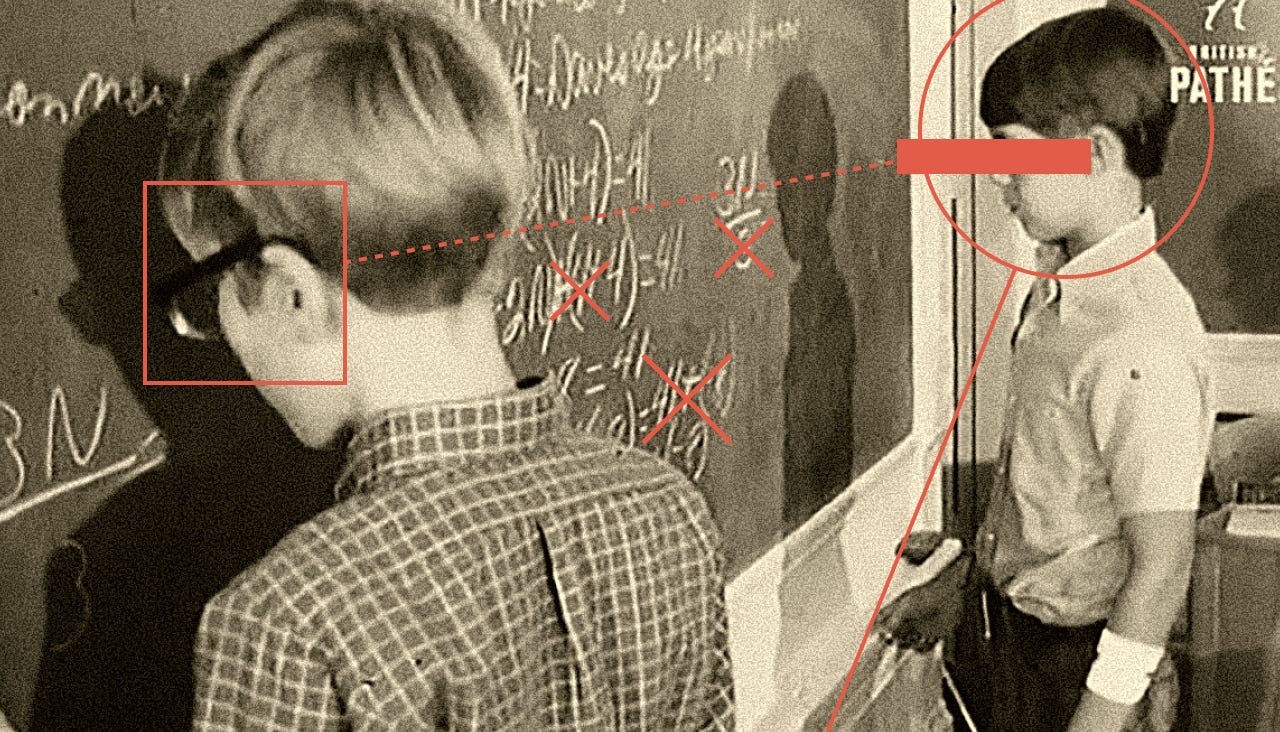Whiteboard Woes
Role-playing fails me every time.
After five years of remote work, I recently found myself in a real, live conference room with an actual whiteboard. It made me think of all the whiteboard challenges I’ve bombed in interviews and how I absolutely freeze up in them. Honestly, if my current boss had decided to test my marker skills, I might not have this role at all. Terraformation is the most product-focused job I’ve ever had, and I got it without tripping over a fake exercise. Maybe I’m just a crap product designer who talks a good game.
I get why whiteboard challenges exist. They show your systems thinking. But I’ve never been good at playing make-believe without context—the business model, the strategy, the trade-offs. My brain can’t just spin out a flow in a vacuum. To me, whiteboard challenges feel tailored for designers who stay in their lane as pure product thinkers. I’m not that. I’m a generalist. Add in the pressure of a half-circle of product designers silently watching you improvise, and my brain short-circuits.
Back in art school, I knew a kid who’d cover a page in chaotic scribbles before finding one clean line. That’s basically my process, except in Figma. My files look like a busted-up pile of Legos. That clutter is how I get to clarity, and it doesn’t translate well to a pristine whiteboard sketch. Sure, by now I should probably be able to isolate my “design thinking” from the rest of the mess, but in my head it’s all linked together. I’m always weighing decisions against non-product context.
I envy the people who can ace these tests. Most of them probably had a strong UX curriculum at school and were taught to think in double or triple diamonds. I never had that formal training. I was building websites before “UX” was even a discipline. Some of those early flows (at Yelp and elsewhere) were clunky, but they shipped. My work got sharper once I discovered user testing.
So, I’ll be over here in my messy Figma files, cobbling together the best features I know how. If you want a whiteboard prodigy, I’m probably not your fit. I lean more on storytelling when I’m getting hired, and I’ve got plenty of failed challenges to prove it. My approach is less “design thinking” and more “design cobbling,” but the end result is usually simple and usable.
And if anyone out there wants to teach me how to turn chaos into a whiteboard win, my ears (and markers) are open.




I recommend a biglier SHARPIE.